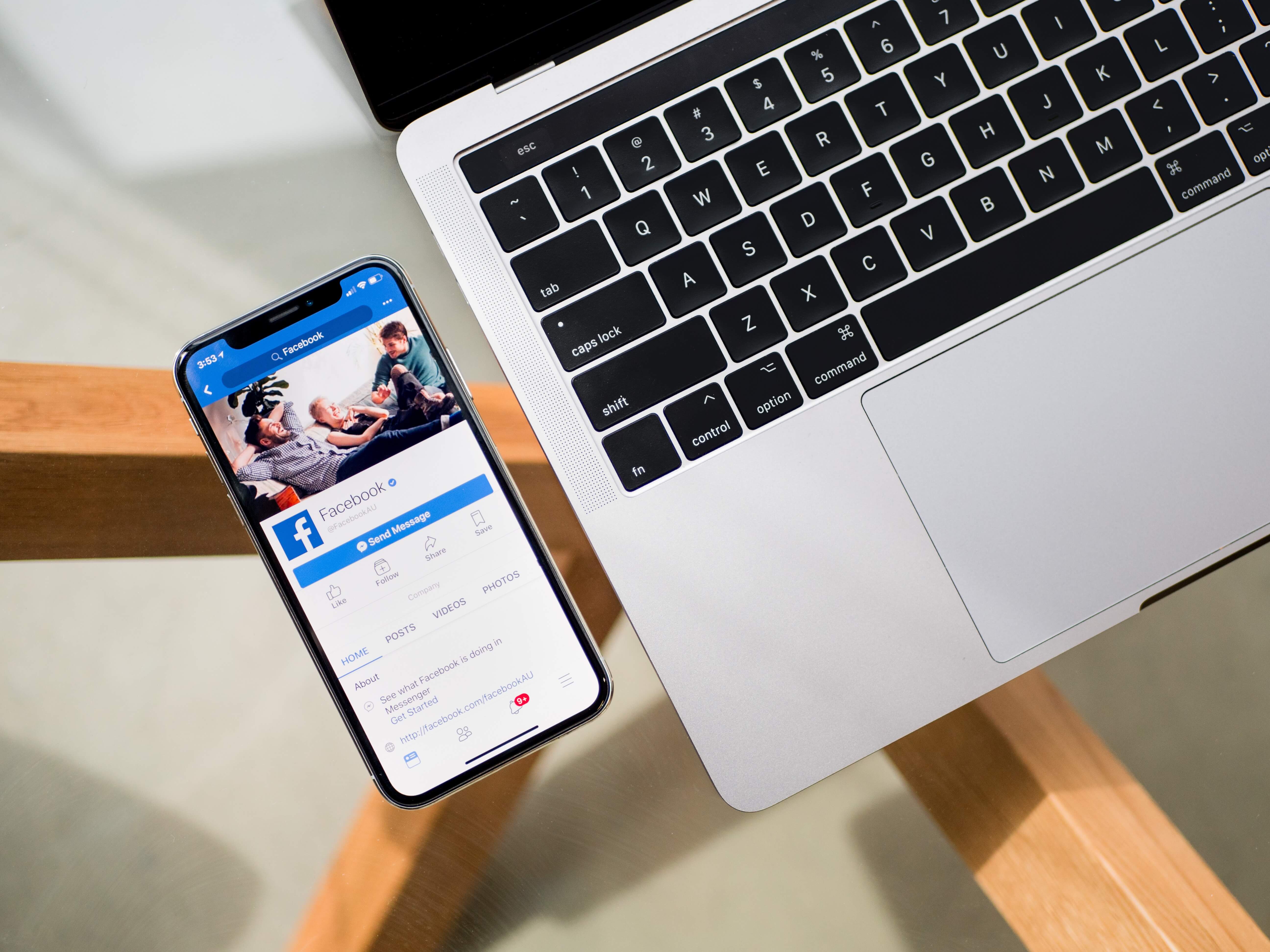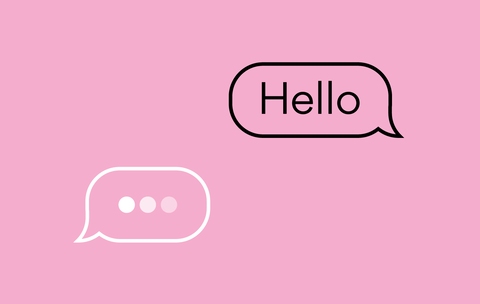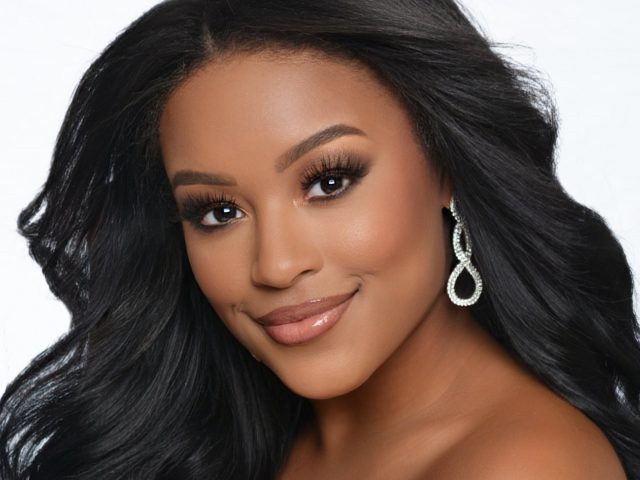Five minutes into a recent lunch date with a good friend, I could tell something was bothering her. She seemed worried and distracted and kept moving her phone from the table to her bag, slyly pressing the home key as she moved it as if to hide the fact that she was checking the screen.
On about the twelfth check, her brow furrowed anxiously as she glared at her phone, I asked what was going on.
“I’m being ridiculous,” she responded, “please don’t judge me.”
A seemingly perfect new fling had hit a snag. Her man was taking a very long time responding to a recent text, yet seemed to be active as ever on social media.
He was even liking the posts of other girls. Gasp!
I tried to talk her down as I watched her, glued to the screen, diving deeper into his Instagram profile, fueling her anxiety. My futile attempts to calm her proved unnecessary when moments later the phone lit up in her hand. She let out a small squeal and blushed, he had responded, our lunch could resume.
I joked that his ears must have been burning, while she apologized for “freaking out.”
According to Dr. Nikki Goldstein, sexologist, relationship expert and author of Single But Dating, this sort of scenario is exactly why social media can be toxic in relationships, especially in the beginning.
“Maybe they’re not replying to your text message but they’ve just ‘checked in’ somewhere, and you’re thinking, ‘hang on a minute, you’ve got time to check in but you don’t have time to call me back’ — these are all things in a new relationship that can really send you crazy,” Goldstein said to the Huffington Post.
Annoyance at a lapse in communication is absolutely valid, especially if something important was asked and the person seems to be actively ignoring the message. But in many cases, social media can turn a mild annoyance into a full-on panic, bringing out the worst in us.
The episode with my friend over lunch was somewhat mild and quickly solved by a friendly text. What worried me the most was how intuitively she went straight to his Instagram as soon as she felt a little uneasy. Even worse, a causal ‘like’ on the post of another girl was suddenly, in her eyes, extremely threatening.
“In a new relationship you’ll start prodding instead of actually asking the question and you might come out with a bit more jealousy,” says Goldstein. The problem with this, Goldstein explains, is that you’re more likely to sweep things under the rug that you aren’t sure how to digest and allow “the jealousy to consume you,” says Goldstein. In more extreme cases, jealousy can turn into really unhealthy online behaviors, such as partner monitoring.
It’s nearly impossible to completely avoid your partner online, but if you find that you answer yes to any of these questions, it might be a good idea to take a step back:
- Do you find yourself regularly checking their feed, like, multiple times a day?
- Do you frequently get upset by your partner’s actions on social media?
- Do you feel compelled to look through the profiles of every person who likes or comments on their posts?
- Are you aware of most, if not all, of the friends your partner has on their social media platforms, to the point where you feel you know them?
- Do you find the profiles of their exes or people you think might have been an ex, impossible not to look through, to the point of obsession?
So, what can you do to avoid unhealthy online behaviors?
Follow Without Snooping
There is a societal pressure to put our best face forward, especially on social media. It’s easy to equate scrolling through someone’s social media feed with actually getting to know them IRL but this is not the case. It’s fairly common for people to curate their social media to depict the highlights of what’s happening in their lives. Not only is snooping an unhealthy way to get to know the person you’re dating but it can lead you to make unfair assumptions about them and the people they interact with online. This can lead to some pretty unhealthy behaviors, like lashing out without explanation. The fact is, the person you’re dating deserves your honesty and respect. And if they do something you don’t like (i.e. they don’t respond to your texts in a manner you deem timely) then you should talk to them about it in a calm manner, not snoop or investigate their social media for answers.
Recognize When You’re Jealous
When you’re extremely jealous you see the world through a distorted lens that can turn totally innocent exchanges into something threatening. And to be fair, jealousy is an emotion that everyone experiences from time to time, but it becomes unhealthy if you find yourself lashing out or trying to control someone because of it. Instead of reacting impulsively to an emotion, such as jealousy, it is important to take a moment to think about how you’re feeling and to be thoughtful about you react before doing anything impulsive.
Stay Grounded

Getting caught up in the fantasy world of social media, we can start to forget where we really stand. Touch base with your partner when you’re starting to feel disconnected, phone calls are always better than texting or dm’ing. It’s also all too easy to compare ourselves to others as we scroll through perfectly cropped and filtered photo after photo. Remember that everybody is just presenting a version of themselves online and that things are not always what they seem.
Have a Life Outside of Your Relationship
Make sure you keep your relationships with friends and family strong, make plans to spend time together doing things that you enjoy. The more fulfilled you feel by things other than your relationship, the more confident and self-assured you will be. You won’t feel the need to worry about your partner’s whereabouts, what they are up to online or why they might not get back to you right away. It’s much easier to fall into paranoia when you’re feeling insecure and vulnerable.
It’s challenging to be totally trusting and present in a relationship. It’s also natural to feel jealous or insecure from time to time, but falling into the bad habit of snooping on social media is never going to help. If you really want to keep your relationship healthy in real life and online, try limiting social media interactions to private exchanges and focus more on being present. Communicate directly when you feel something is wrong and try not to go searching online for validation.
To learn more about how to be in a healthy relationship, read the “10 Signs of a Healthy Relationship.”
Browse by Category

Finding Strength in Our Stories: Domestic Violence Awareness Month
⚠️ Trigger Warning: This blog includes content and language related to relationship abuse. Please read with care. 💙 October is…
Understanding Domestic Violence Awareness Month (DVAM)
October is almost here, and that means it’s time to…
4 Students Share How They Helped a Friend in an Unhealthy Relationship
Watching a friend struggle in an unhealthy or abusive relationship…
Courageous Boundaries: Managing Life with Your Ex Partner by One Love Foundation and Miss Kansas, Alexis Smith
Co-authored by One Love Foundation and Miss Kansas, Alexis Smith …
How to End a Summer Romance or Friendship
Summer flings and friendships can feel fleeting. So why is…














